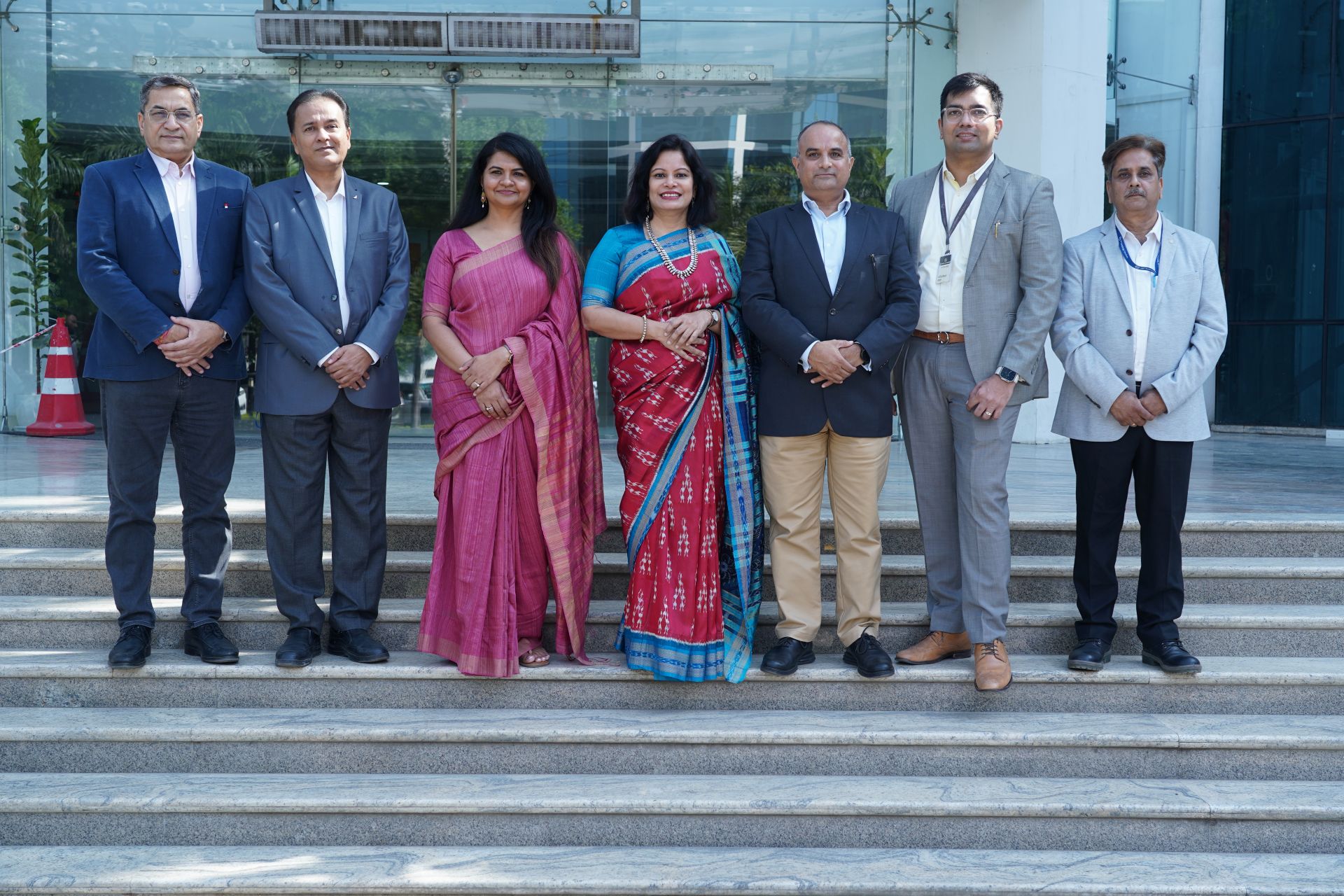OPPO has announced the launch of its LUMO Lab, an India-exclusive initiative that feels like a thoughtful step toward making smartphone imaging more relevant for users here. The timing is interesting, arriving just days before the Find X9 Series is set to debut in India on November 18. The idea behind the lab is fairly straightforward, yet quite ambitious. OPPO wants to close the gap between its globally built imaging hardware and the uniquely layered visual identity of India, so the Find X series can capture scenes with a level of authenticity that people might actually recognize in their daily lives.
Key Takeaways
- The OPPO Find X9 Series launches in India on November 18, featuring a 200MP Hasselblad Telephoto Camera and True Colour Camera technology.
- LUMO Lab is an India-exclusive initiative to co-create localized imaging experiences.
- The lab focuses on improving the capture of authentic skin tones, vibrant celebrations, and intricate textures specific to India.
- OPPO has partnered with leading Indian photographers Joseph Radhik, Ashik Aseem, and Zaid Salman for this project.
The initiative blends Hasselblad optics, the LUMO Imaging Engine, and local expertise to set a new benchmark for smartphone photography in the region.
Find X9 Series Brings Advanced Camera Hardware The upcoming OPPO Find X9 Series seems positioned to bring a noticeable leap in mobile photography hardware. OPPO is highlighting an industry-first 200MP Hasselblad Telephoto Camera. It is built on a large sensor, which in theory should help deliver more detailed zoom performance. The True Colour Camera system takes things further by analysing light across multiple zones, aiming for lifelike colours and skin tones that look natural rather than overly processed.
There is also Real-Time Triple Exposure HDR, a feature designed to record three exposures at once. This should help preserve details while minimizing ghosting in high-contrast environments. If it works as described, it may strengthen the phone’s low light and dynamic range performance.
The Find X9 Series will serve as the first platform for these imaging improvements in India. Early reports suggest that the Find X9 Pro will include the 200MP telephoto unit within a triple-camera setup, which feels like a meaningful upgrade for long-distance photography. The phones will be powered by the MediaTek Dimensity 9500 chipset, and the Pro model is expected to carry a sizable 7,500mAh battery, something that many heavy users may appreciate.
LUMO Lab Focuses on Localized Storytelling The idea behind the LUMO Lab is to ensure that OPPO’s camera technology does not just excel in controlled test environments but also respects the nuances of India’s visual culture. Bringing together OPPO’s global imaging specialists with Indian photographers, the lab intends to fine-tune the camera based on real-world conditions and everyday narratives.
The refinement work centers on three essential areas:
Authentic Skin Tones: The team plans to adjust colour science to better represent the wide diversity of Indian skin tones. Lighting in India can be quite unpredictable, so balancing tones consistently becomes especially important.
Vibrant Celebrations: India’s festivals carry intense colours and complex lighting, and the LUMO Lab aims to tune the camera, so it captures these moments with accuracy rather than turning everything overly saturated.
Intricate Textures: A significant part of Indian imagery lies in the details. From craftwork to architectural patterns, the focus here is on improving how well the camera preserves fine textures.
Simon Liu, Global Imaging Director at OPPO, noted that the LUMO Lab reflects OPPO’s effort to build human-centric imaging shaped by India’s visual diversity. I think that intention does come through, especially with the emphasis on photographers who understand the local aesthetic firsthand.
Collaboration with Indian Photographers To address India’s specific imaging challenges directly, OPPO has partnered with three well-known Indian photographers: Joseph Radhik, Ashik Aseem, and Zaid Salman. Their role goes beyond consultation. They will actively work with OPPO’s internal imaging engineers to fine-tune colour science and computational photography for the Find X platform, beginning with the Find X9 Series.
Joseph Radhik is known for his premium wedding photography, which often involves complicated lighting and fast-paced emotions. Ashik Aseem and Zaid Salman bring strong perspectives in portraiture and storytelling. Their experiences may help the cameras handle real-world scenarios more gracefully, blending artistic intuition with engineering.
The combination of Hasselblad optics, OPPO’s LUMO Imaging Engine, and the practical insights gathered through the LUMO Lab might set a new direction for smartphone cameras in India. It feels like an attempt not just to improve specs but to develop imaging tools that resonate with local users.
Related FAQs
Q1: What does the LUMO Lab do?
A1: The LUMO Lab is an India-exclusive initiative by OPPO that brings together the company’s imaging experts and leading Indian photographers to co-create and refine smartphone camera experiences specifically for the Indian market. It focuses on improving colour accuracy, especially for skin tones, and capturing the vibrancy of local culture.
Q2: When is the OPPO Find X9 Series launching in India?
A2: The OPPO Find X9 Series is set to launch in India on November 18, 2025.
Q3: What are the key camera features of the Find X9 Series?
A3: The series features a 200MP Hasselblad Telephoto Camera, an industry-first True Colour Camera system for accurate colours, and Real-Time Triple Exposure HDR technology to improve image details in high-contrast scenes.
Q4: Who are the photographers partnered with OPPO for the LUMO Lab?
A4: OPPO has partnered with Joseph Radhik, Ashik Aseem, and Zaid Salman under the LUMO Lab initiative. They will provide professional insights to localize the imaging capabilities.



















